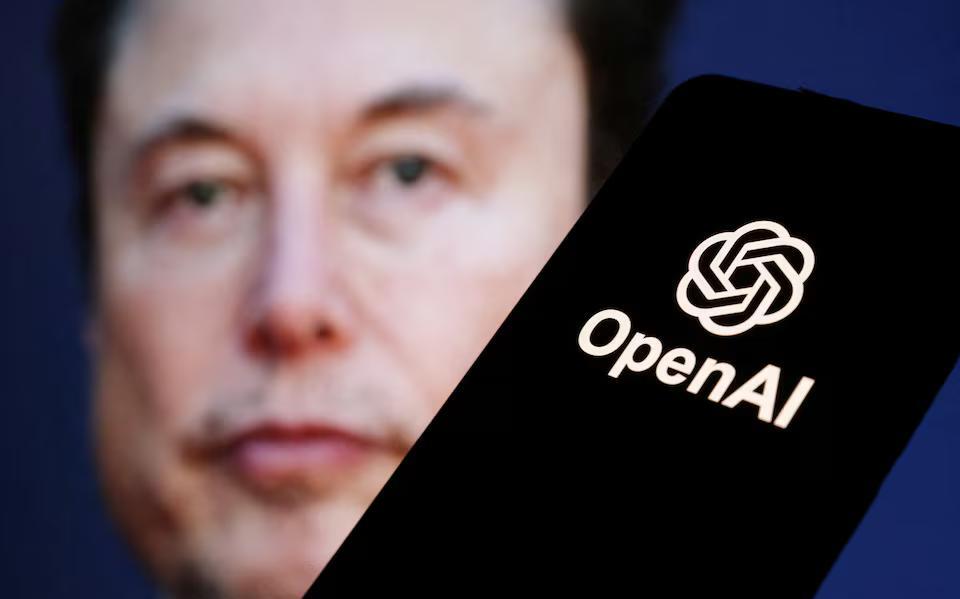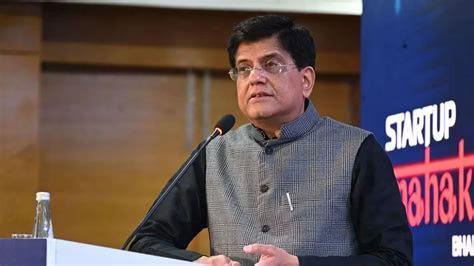
OpenAI Board Unanimously Rejects Elon Musk-Led Group’s $97.4 Billion Buyout Offer
In a recent development that has sent shockwaves through the tech industry, the OpenAI board has rejected a massive $97.4 billion buyout offer from a consortium of investors led by none other than the world’s richest man, Elon Musk. The non-profit arm of OpenAI, a leading artificial intelligence research organization, has stood firm in its decision to remain independent, with the board unanimously rejecting Musk’s latest attempt to disrupt his competition.
According to a statement released by OpenAI Chairman Bret Taylor, the board has made it clear that the organization is not for sale and will not be swayed by Musk’s substantial offer. “OpenAI is not for sale, and the board has unanimously rejected Mr. Musk’s latest attempt to disrupt his competition,” Taylor said. This move is seen as a major blow to Musk’s ambitions, as OpenAI is a significant player in the AI research space and would have given him a significant advantage in the field.
Musk’s interest in acquiring OpenAI is not new. The entrepreneur has been vocal about his desire to accelerate the development of AI and has invested heavily in various AI-related ventures. His latest bid, reportedly worth $97.4 billion, was seen as a major attempt to consolidate his position in the industry. However, it appears that the OpenAI board is not willing to compromise on its independence and values.
OpenAI, founded in 2015 by Elon Musk, Sam Altman, and others, is a non-profit organization dedicated to advancing the frontiers of artificial intelligence. The organization has made significant contributions to the field, including the development of the popular AI language model, GPT-3. OpenAI’s research focuses on creating AI that is beneficial to humanity, and the organization has been at the forefront of the AI ethics debate.
Musk’s interest in OpenAI is likely driven by his desire to integrate the organization’s AI capabilities with his other ventures, including Neuralink and Tesla. Neuralink, a neurotechnology company, is working on developing brain-machine interfaces, which could potentially be used to enhance human cognition and create a symbiosis between humans and AI. Tesla, on the other hand, is already leveraging AI in its autonomous driving technology.
The rejection of Musk’s buyout offer is seen as a significant victory for the OpenAI board and its mission to advance AI research. The organization’s independence will allow it to continue its work without external influences, which could potentially compromise its values and goals.
This move also sends a strong message to other tech giants and investors that OpenAI is not willing to compromise its values for financial gains. The organization’s commitment to remaining independent will likely inspire other AI research organizations to follow suit, creating a more diverse and competitive landscape in the field.
In conclusion, the OpenAI board’s rejection of Elon Musk’s $97.4 billion buyout offer is a significant development in the AI research space. The organization’s commitment to remaining independent will allow it to continue its work without external influences, and its values and mission will remain unchanged. This move will likely inspire other AI research organizations to follow suit, creating a more diverse and competitive landscape in the field.






